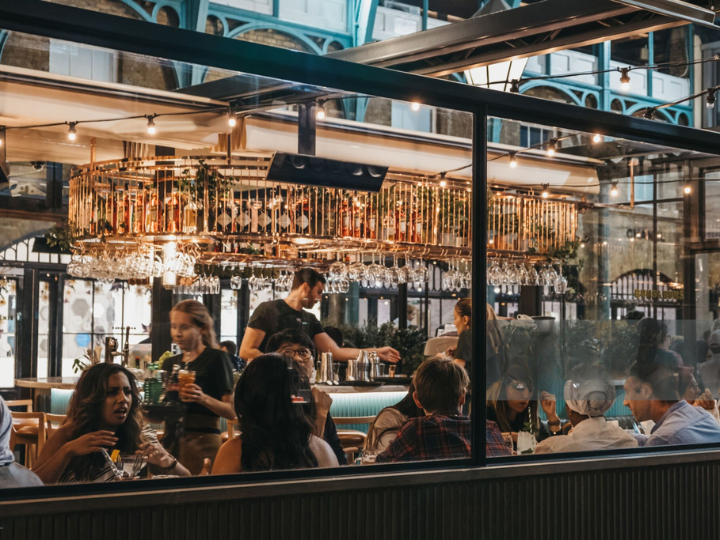I have a strong belief that in hospitality, there’s no such thing as standing still. A business is either improving or falling behind. Continuous improvement isn’t just a choice; it’s essential for long-term success in an industry where guest expectations, operational costs, and competition are always changing. During my profitability coaching sessions, I emphasize that the PERI framework—Plan, Execute, Results, Improve—is a powerful way to maintain a focus on progress. Here’s a story about how using PERI helped transform one client’s business and instilled a culture of improvement.
The Client’s Story: Building Improvement into the Foundation
Five months ago, I began working with a hospitality client who had just doubled their revenue following a successful renovation. However, with this revenue spike came challenges, including rising wage costs and issues with Cost of Goods Sold (COGS), like beer wastage and spirit over-pouring. The new manager was eager to improve and set a goal to “get better every week.” To support this commitment, we used the PERI principle, focusing on making each week better than the last, even if revenue remained the same.

Applying the PERI Principle
Here’s how we used PERI to structure our journey of consistent improvement:
- Plan (with Budget): We started each week by setting a clear, budget-driven plan. This didn’t necessarily mean aiming for higher revenue every week. Instead, we focused on improving critical metrics like wage percentage or COGS within the budget. By grounding our goals in the budget, we defined specific improvement targets, such as reducing wastage or managing labor costs, that aligned with the financial objectives for similar weeks in the past.
- Execute (with Forecasting): With the plan established, we moved into execution, guided by careful forecasting. We used sales forecasts to ensure the manager could adjust staffing and resources based on anticipated demand. This allowed us to manage labor efficiently and avoid last-minute changes. By executing each plan with forecasting in mind, we aligned operational decisions with our improvement goals and stayed proactive in managing costs.
- Results: At the end of each week, we reviewed the results by looking at metrics like wage percentage, sales, and daily performance. We evaluated how well the week aligned with the budget and where we either met or missed our targets. This review provided a clear snapshot of the venue’s performance and highlighted specific areas that needed adjustment, creating a foundation for the next week’s improvement.
- Improve: Using insights from the results, we made immediate adjustments. If revenue fell short of forecasts, we discussed strategies that saved on wages. This continuous improvement loop became routine, reinforcing the manager’s accountability and making improvement a part of the venue’s culture.
The Results of Consistent Improvement
After five months, this structured approach delivered measurable results. The venue’s wage percentage dropped from 35% to between 28% and 30%, even during weeks with lower-than-expected revenue. Staff participated in training that enhanced their customer service and bartending skills, resulting in smoother operations and a better guest experience. The venue became more profitable, with a focused and engaged team.

The owner was thrilled with the outcome and now regularly recommends my coaching services to other venue owners. The PERI framework helped this client see the value of continuous improvement and showed how consistent, results-focused progress could transform their business.
Conclusion
This story demonstrates why hospitality businesses must always strive for improvement. Through the PERI framework—Plan (with Budget), Execute (with Forecasting), Results, Improve—this client achieved significant gains in profitability and efficiency. In the fast-paced world of hospitality, the choice is clear: focus on improvement or risk falling behind. By committing to ongoing progress, a business can create a foundation of stability, profitability, and resilience that benefits everyone—owners, managers, staff, and guests alike. Remember, you can’t stay the same, so if you are not always trying to improve then you will go backwards.

